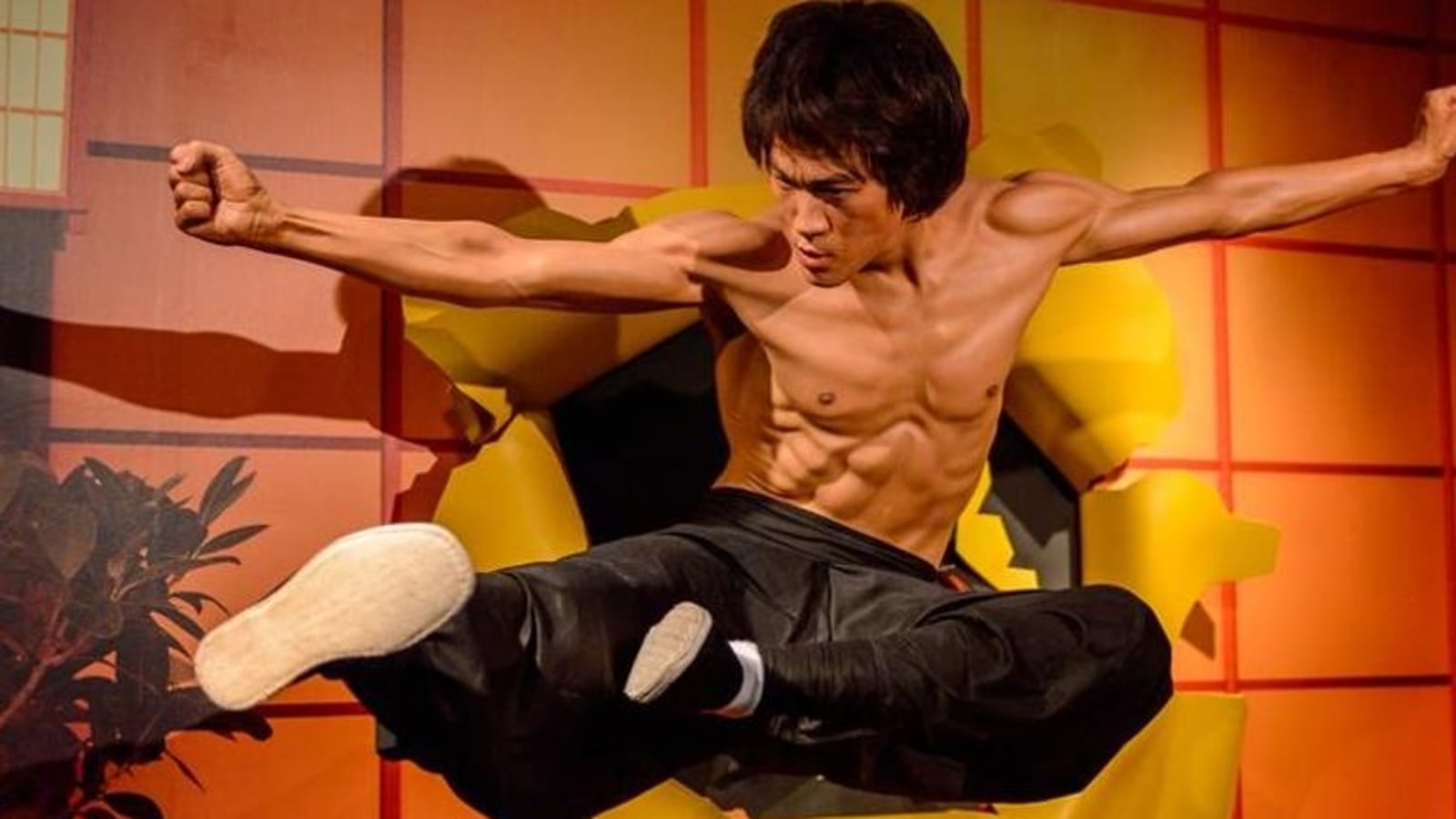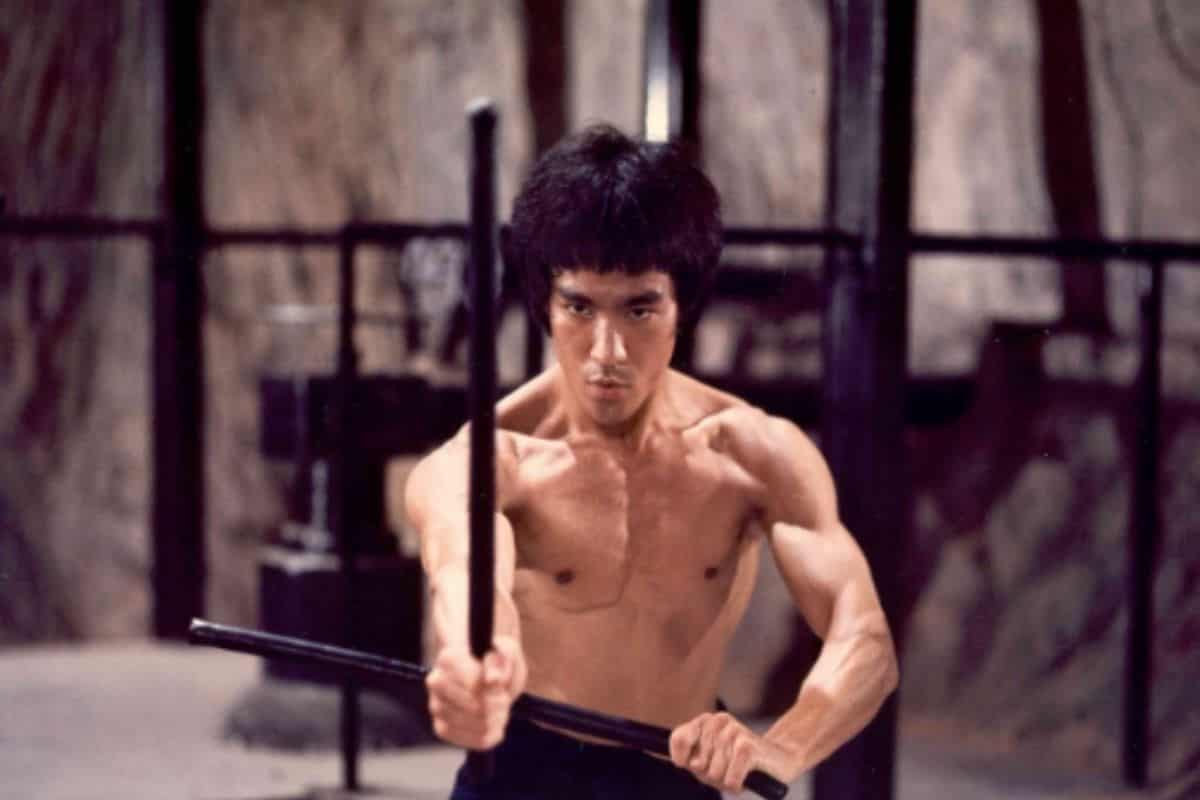Bruce Lee, one of the most iconic martial artists and actors in history, left a legacy that continues to inspire millions worldwide. However, his untimely death has sparked debates and discussions for decades. In this article, we delve into the facts and theories surrounding Bruce Lee's cause of death, uncovering the truth behind the legend's passing.
Beyond the fame and admiration, Bruce Lee's life and career were marked by extraordinary achievements. From revolutionizing martial arts to breaking cultural barriers in Hollywood, his impact on both cinema and combat remains unparalleled. Yet, his sudden demise at the age of 32 left fans and admirers questioning the circumstances surrounding his death.
This article aims to provide a comprehensive analysis of Bruce Lee's cause of death, separating fact from fiction and shedding light on the medical and historical details. By exploring the evidence, expert opinions, and historical context, we hope to honor Bruce Lee's legacy while addressing the mysteries that have persisted over the years.
Read also:Darius Ruckers Wife A Deep Dive Into Her Life Achievements And Influence
Table of Contents
- Bruce Lee's Biography
- Bruce Lee's Cause of Death
- Medical Details of Bruce Lee's Death
- Theories Surrounding Bruce Lee's Death
- Family Reaction and Legacy
- Impact on Martial Arts and Hollywood
- Cultural Significance of Bruce Lee's Death
- Legal Investigation and Findings
- Historical Context of Bruce Lee's Era
- Conclusion
Bruce Lee's Biography
Bruce Lee: The Early Years
Bruce Lee, born on November 27, 1940, in San Francisco, California, was raised in Hong Kong during his formative years. From a young age, he showed a passion for martial arts and acting, eventually becoming a child actor in Hong Kong cinema. His dedication to martial arts led him to develop his unique style, Jeet Kune Do, which emphasized practicality, efficiency, and adaptability.
Bruce Lee's Career Highlights
Bruce Lee's career skyrocketed with his roles in films such as "The Big Boss" and "Fist of Fury," which established him as a martial arts icon. His breakthrough role in "Enter the Dragon" solidified his status as a global star. Beyond his acting career, Lee was a philosopher, author, and martial arts instructor, influencing countless individuals with his teachings.
| Full Name | Bruce Jun Fan Lee |
|---|---|
| Birthdate | November 27, 1940 |
| Birthplace | San Francisco, California, USA |
| Occupation | Martial Artist, Actor, Philosopher |
| Spouse | Linda Lee Caldwell |
| Children | Brandon Lee, Shannon Lee |
Bruce Lee's Cause of Death
The official cause of Bruce Lee's death was cerebral edema, a condition where excess fluid causes swelling in the brain. On July 20, 1973, Lee experienced a severe headache and was administered Equagesic, a pain reliever containing aspirin and a sedative. Tragically, this medication triggered an allergic reaction, leading to his untimely death.
Timeline of Events
- July 20, 1973: Bruce Lee complained of a headache during a meeting with director Raymond Chow.
- He was given Equagesic for pain relief.
- Later that evening, he was found unresponsive in his apartment.
- Emergency services were called, but Lee was pronounced dead shortly after arriving at the hospital.
Medical Details of Bruce Lee's Death
Autopsy reports revealed that Bruce Lee's brain had swollen to 130% of its normal size, a condition known as cerebral edema. This swelling was attributed to an adverse reaction to Equagesic, a medication commonly used at the time. While the exact mechanism of the reaction remains unclear, experts believe it was an idiosyncratic response, meaning it occurred due to a rare sensitivity to the drug.
Key Medical Findings
- Cerebral edema caused by an allergic reaction.
- No evidence of foul play or external trauma.
- Autopsy ruled out other potential causes, such as a stroke or heart attack.
Theories Surrounding Bruce Lee's Death
Despite the official explanation, various theories have emerged over the years, fueled by speculation and misinformation. Some suggest that Bruce Lee's death was linked to supernatural forces or conspiracy theories. However, these claims lack credible evidence and contradict the findings of medical experts.
Common Theories
- Supernatural curses related to his martial arts practice.
- Conspiracy theories involving rival martial artists or criminal organizations.
- Misuse of traditional Chinese medicine or herbal supplements.
Family Reaction and Legacy
Bruce Lee's family, including his wife Linda Lee Caldwell and children Brandon and Shannon Lee, have worked tirelessly to preserve his legacy. Linda Lee has written extensively about her husband's life and teachings, while Shannon Lee founded the Bruce Lee Foundation to promote his philosophy and martial arts.
Read also:James Marsden Plastic Surgery The Truth Behind The Rumors
Legacy in Martial Arts
Bruce Lee's influence on martial arts is undeniable. His creation of Jeet Kune Do revolutionized the way martial artists approached combat, emphasizing adaptability and individuality. Today, his teachings continue to inspire practitioners worldwide.
Impact on Martial Arts and Hollywood
Beyond his personal achievements, Bruce Lee's impact on the martial arts and film industries is profound. He broke racial barriers in Hollywood, paving the way for Asian actors in Western cinema. His films not only showcased his martial arts skills but also conveyed deeper philosophical messages about self-discipline and personal growth.
Hollywood's Evolution
- Inspired a new generation of action stars.
- Changed the perception of Asian actors in mainstream media.
- Introduced martial arts as a viable genre in Western cinema.
Cultural Significance of Bruce Lee's Death
Bruce Lee's death marked a turning point in popular culture, as it highlighted the dangers of drug interactions and allergic reactions. It also underscored the importance of proper medical care and awareness of potential side effects. Today, his story serves as a reminder of the need for caution and vigilance in healthcare.
Cultural Impact
- Increased awareness of drug safety and medical reactions.
- Influenced public perception of martial arts and Asian culture.
- Sparked discussions about the role of celebrities in shaping societal norms.
Legal Investigation and Findings
Following Bruce Lee's death, an official inquiry was conducted to determine the cause of his passing. The investigation concluded that his death was accidental, resulting from an adverse reaction to Equagesic. No evidence of foul play or negligence was found, and the case was closed as a tragic but unavoidable incident.
Key Findings
- Death ruled as accidental due to allergic reaction.
- No criminal charges or legal action taken against individuals or organizations.
- Case closed with a clear medical explanation.
Historical Context of Bruce Lee's Era
The 1970s were a transformative period in both martial arts and cinema, with Bruce Lee at the forefront of this change. His films challenged stereotypes and brought attention to Asian culture on a global scale. At the same time, the era saw advancements in medical science, leading to increased understanding of drug interactions and allergic reactions.
Key Historical Events
- Rise of martial arts as a mainstream phenomenon.
- Increased globalization of Asian culture in Western media.
- Advancements in medical research and drug safety.
Conclusion
In conclusion, Bruce Lee's cause of death was tragically linked to an adverse reaction to medication, specifically Equagesic. While theories and speculation have persisted over the years, the medical evidence supports the conclusion that his passing was accidental and unforeseen. Bruce Lee's legacy, however, continues to inspire millions, both in martial arts and beyond.
We invite you to share your thoughts and reflections in the comments below. For more insightful articles about Bruce Lee and other legendary figures, explore our website and stay updated on the latest content. Together, let's honor the memory of a true icon whose life and teachings continue to resonate across generations.


